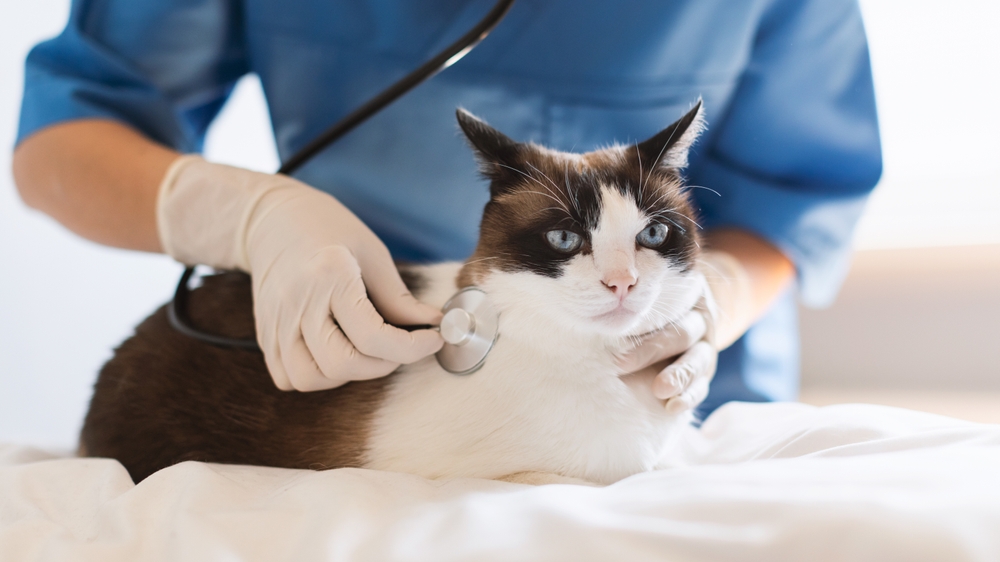

As our beloved furry companions grow older, they experience various age-related changes that can impact their overall health and well-being. Just like humans, senior pets require extra care and attention to ensure they live a comfortable and fulfilling life. Understanding these changes is crucial for pet owners to provide the necessary support.
The Importance of Senior Pet Wellness Exams
Regular senior pet wellness exams are crucial for maintaining your furry friend's health and well-being. These exams provide an opportunity for early detection and intervention, which can significantly improve the outcomes of age-related health issues. By identifying potential problems before they become severe, you can take proactive measures to manage or treat them effectively.
Additionally, senior pet wellness exams allow veterinarians to monitor your pet's overall health trends over time. By establishing a baseline during their younger years, veterinarians can track changes and detect any deviations that may indicate underlying health issues. This comprehensive approach ensures that any age-related changes are promptly addressed and managed, maximizing your pet's quality of life.
These exams also provide an opportunity for open communication between pet owners and veterinarians. Through these discussions, you can gain valuable insights into your pet's health, receive guidance on nutrition and exercise, discuss behavior changes, and address any concerns or questions you may have. This collaborative approach ensures that you are actively involved in your senior pet's care and well-being.
Common Age-related Health Issues in Senior Pets
As pets age, they are susceptible to various health issues that can impact their daily life. By being aware of these common age-related conditions, you can take preventative measures and seek appropriate veterinary care when necessary.
Arthritis: Arthritis is a common condition in senior pets, causing joint pain, stiffness, and reduced mobility. Regular exercise, joint supplements, and pain management strategies can help alleviate discomfort and maintain mobility.
Dental Disease: Dental health is crucial for overall well-being. Senior pets are prone to dental issues like gum disease, tooth decay, and tooth loss. Regular dental cleanings and daily toothbrushing can help prevent oral health problems.
Cognitive Decline: Senior pets may experience cognitive decline, leading to confusion, disorientation, and changes in behavior. Mental stimulation, a balanced diet, and supplements can support cognitive function and slow down the progression of cognitive decline.
Vision and Hearing Loss: Aging can affect your pet's vision and hearing abilities. Regular eye and ear examinations can identify any issues and allow for appropriate management or treatment.
Kidney Disease: Senior pets are at a higher risk of developing kidney disease. Monitoring kidney function through blood tests and providing a kidney-friendly diet can help manage the condition and slow down its progression.
By staying vigilant and seeking veterinary care when needed, you can ensure that your senior pet receives the necessary support and treatment to manage these age-related health issues.
Ensuring a Comfortable and Fulfilling Life For Your Senior Pet
Regular senior pet wellness exams play a crucial role in identifying and managing these changes, allowing for early detection and intervention. By staying proactive, maintaining a balanced lifestyle, and seeking veterinary care when needed, you can navigate age-related changes with your senior pet and ensure they live a comfortable and fulfilling life.
Schedule a senior pet wellness exam today to ensure your furry friend's health and well-being as they age. Contact Brekke Veterinary Clinic at our offices in Castle Rock, Colorado. Call (303) 474-4260 to book an appointment today.







